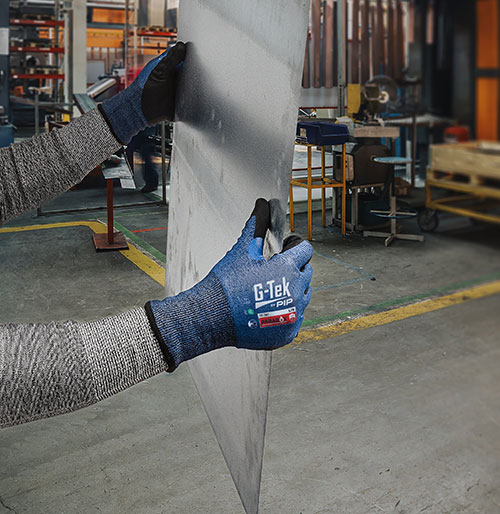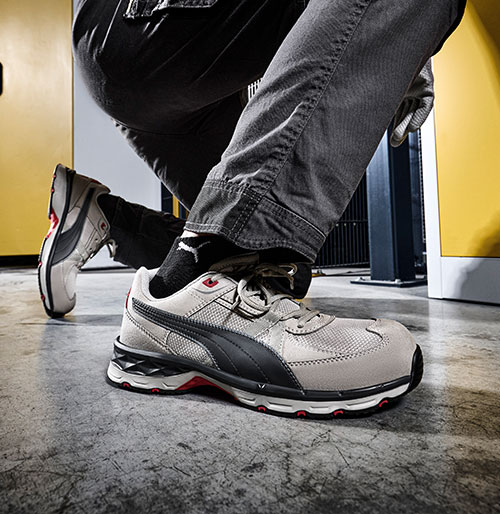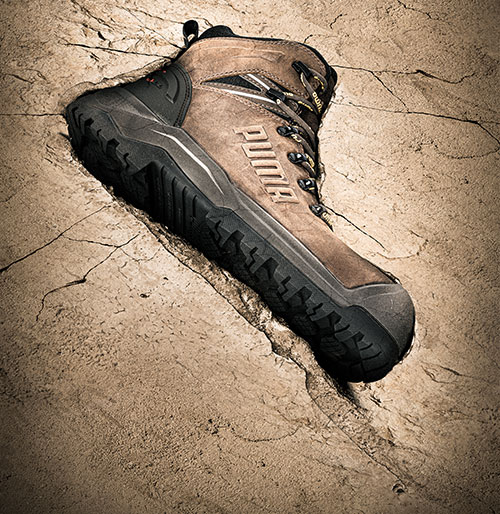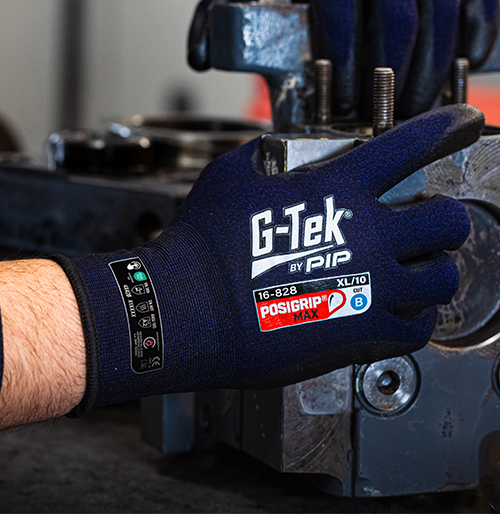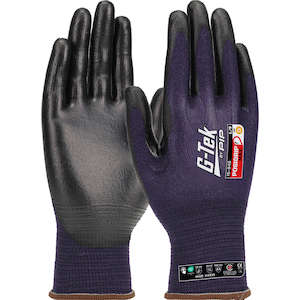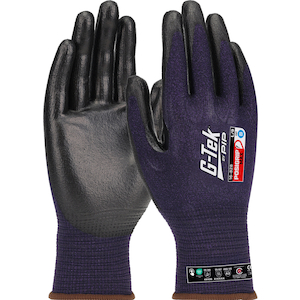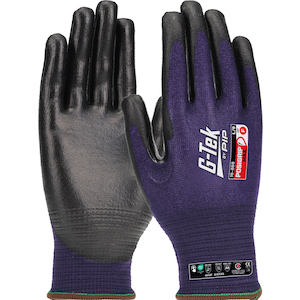
-
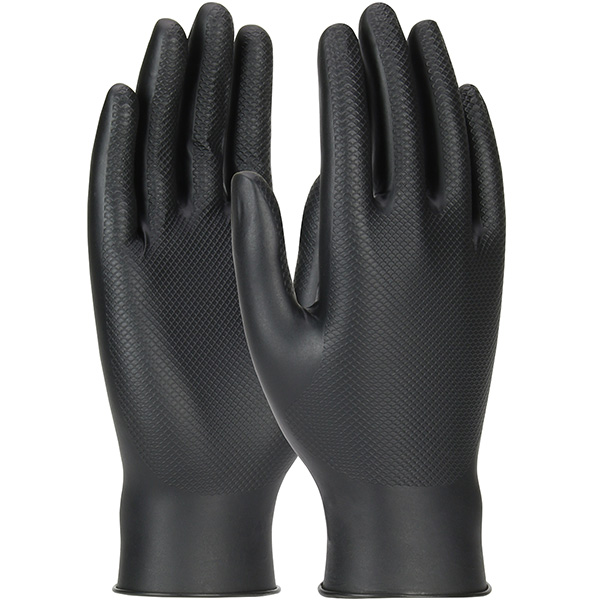 Extended Use Disposable GlovesGrippaz™ Skins67-246
Extended Use Disposable GlovesGrippaz™ Skins67-246
-
 Heated ApparelBoss®300-HV100
Heated ApparelBoss®300-HV100
-
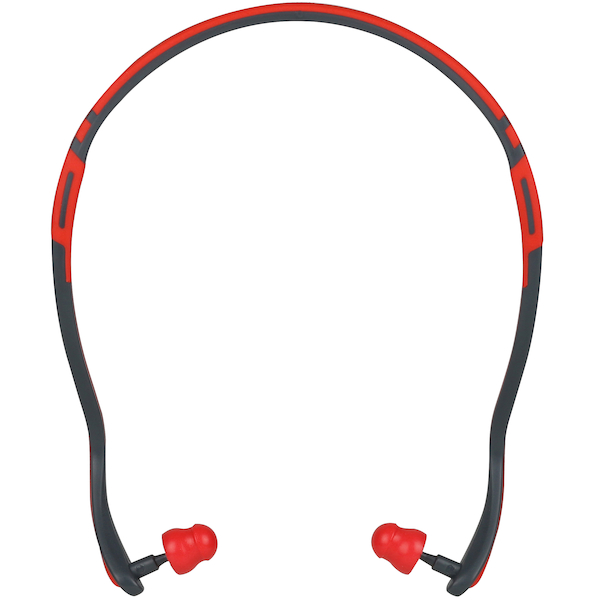 Ear PlugsPIP®267-HPB410
Ear PlugsPIP®267-HPB410
-
 Hi Performance GloveG-Tek® PolyKor®16-MPT630
Hi Performance GloveG-Tek® PolyKor®16-MPT630
-
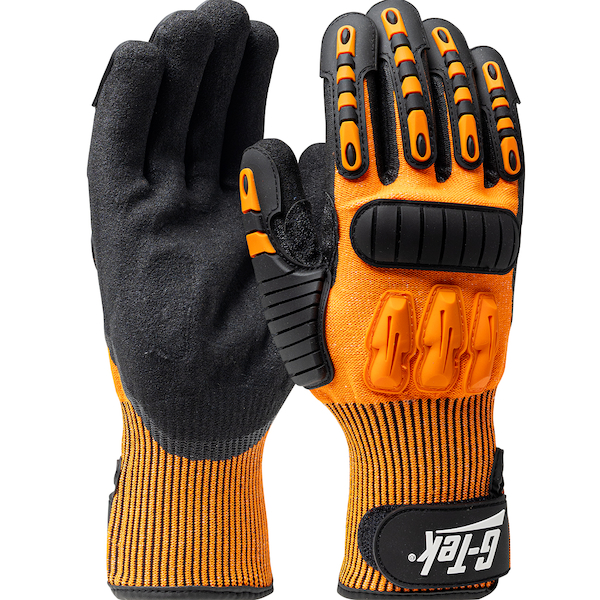 Hi Performance GloveG-Tek®120-5150
Hi Performance GloveG-Tek®120-5150
-
 Cut Resistant GlovesG-Tek® Paradox™16-541
Cut Resistant GlovesG-Tek® Paradox™16-541
-
 Cut Resistant GlovesG-Tek® PolyKor®16-560
Cut Resistant GlovesG-Tek® PolyKor®16-560
-
 Cut Resistant GlovesG-Tek® Paradox™16-351
Cut Resistant GlovesG-Tek® Paradox™16-351
-
 Protection From ColdG-Tek® PolyKor®41-1417
Protection From ColdG-Tek® PolyKor®41-1417
-
 Protection From ColdG-Tek® PolyKor®41-1415
Protection From ColdG-Tek® PolyKor®41-1415
-
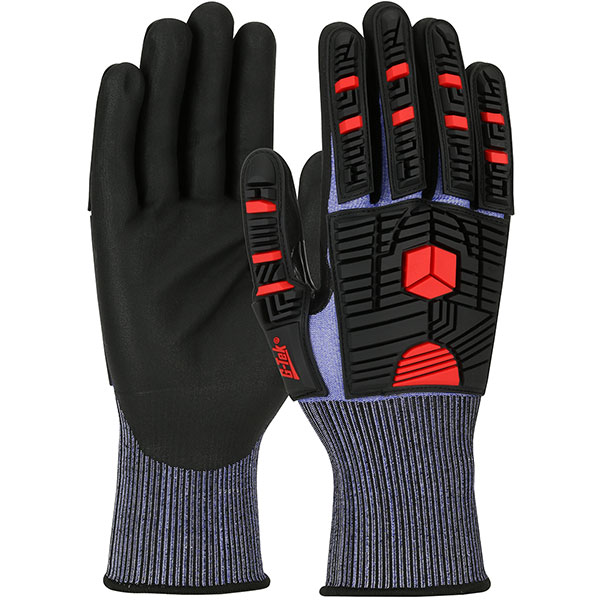 Hi Performance GloveG-Tek® PolyKor® X7™16-MP585
Hi Performance GloveG-Tek® PolyKor® X7™16-MP585
-
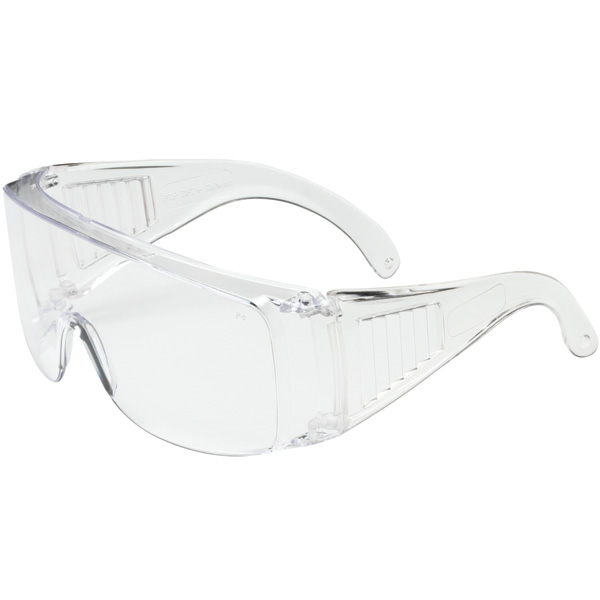 Safety GlassesThe Scout™250-99-0980
Safety GlassesThe Scout™250-99-0980



















